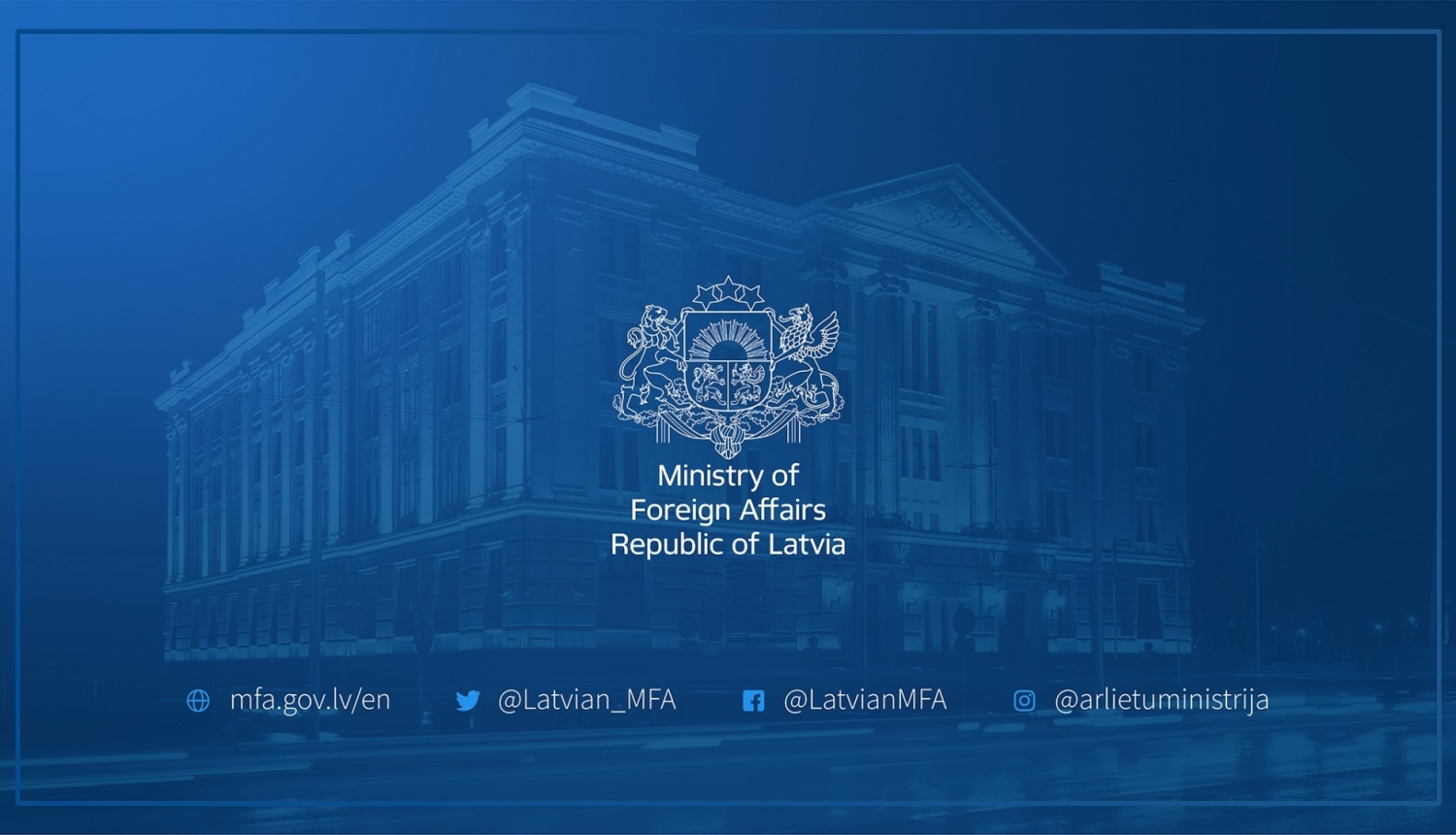The Ministry of Foreign Affairs strongly condemns the persecution of the political opposition, non-governmental organisations and independent media in Russia and the suppression of freedom of expression. The most recent testimony to this is the opposition politician, journalist, author and historian Vladimir Kara-Murza being sentenced to 25 years in prison on politically motivated charges.
Vladimir Kara-Murza is one of the most prominent politicians of the Russian opposition, a human rights activist, a close associate of the opposition figure Boris Nemtsov, who was killed in 2015, and a long-time critic of Russia’s ruling regime. He was a facilitator of the adoption of the Magnitsky list. The politician is actively opposed to Russian aggression against Ukraine.
Vladimir Kara-Murza was detained in April 2022 on absurd charges related to his anti-war position and human rights activities, including those concerning the rights of political prisoners.
The sentence handed down to the politician is to be seen as directly targeting his political activism and publicly expressed views, different from those of the ruling power, especially the criticism of Russia’s war in Ukraine. The unsubstantiated sentence, comparable in severity only to the punishment for the most serious crimes, is to be regarded as one given in a show trial aimed at intimidating other civil activists in order to further restrict the expression of alternative opinions in Russia’s public space.
Vladimir Kara-Murza’s conviction and sentencing is not an isolated case in Russia. With Russia’s war in Ukraine, control of the public and information space and suppression of alternative views have intensified manifold in Russia. Repressive legislation is being reinforced, and any public activities critical of the Kremlin’s policies are being punished, especially when it comes to the Russian war in Ukraine. Punishing individuals for publicly voicing criticism of the war has taken on a mass character. Repressive policies by the authorities actually take away the opportunity to express an alternative view, eliminate space for public discourse and public protests.
The Latvian Embassy in Russia has participated in the observation of Vladimir Kara-Murza’s court hearings. The hearings have been held in camera. The non-transparency of the proceedings reaffirms the regime’s fear of openness, and the political nature of the case.
In view of the absurd and inhumane trial against Vladimir Kara-Murza, the Minister of Foreign Affairs of Latvia, Edgars Rinkēvičs, has decided to include ten persons co-responsible for the persecution of Vladimir Kara-Murza in the list of personae non grata for the Republic of Latvia. The decision has been taken in accordance with Section 61, Paragraph two of the Immigration Law and provides for the prohibition of such persons from entering Latvia for an indefinite period of time.




